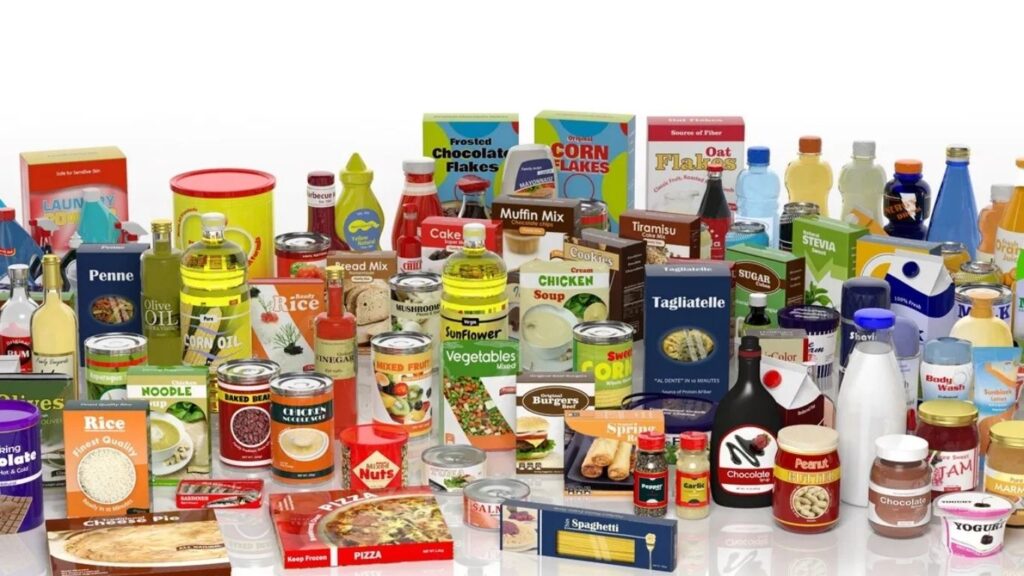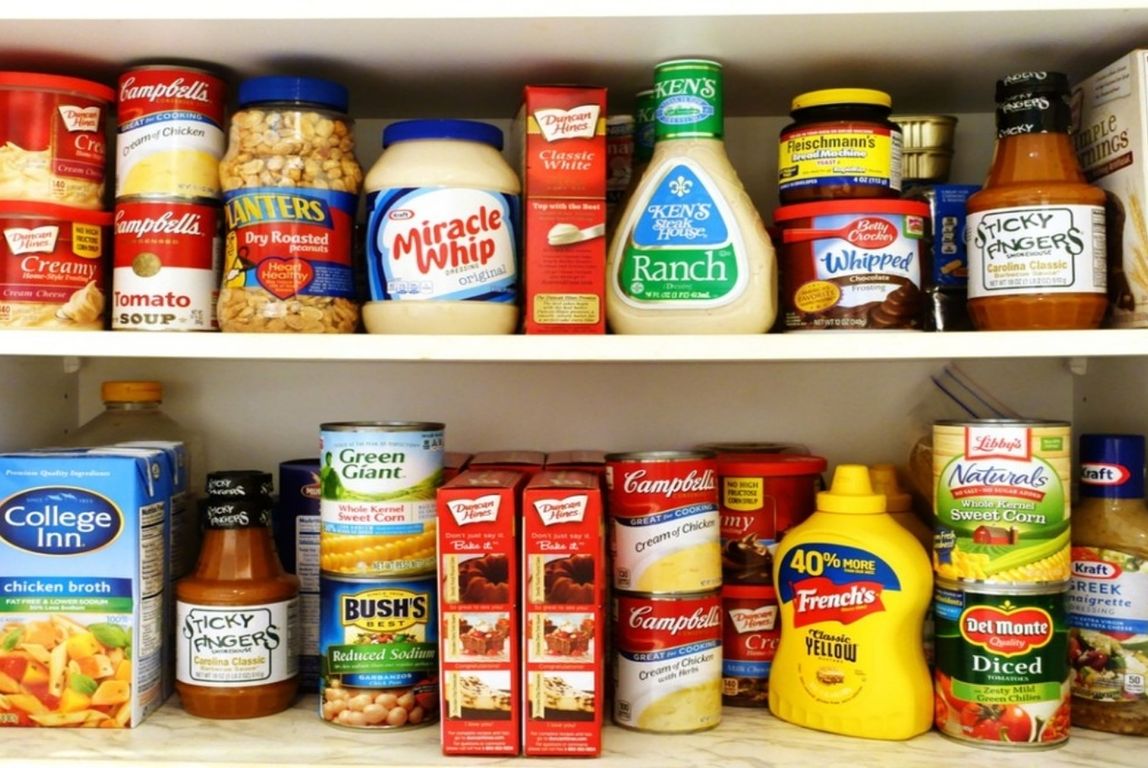In today’s fast-paced world, packaged foods have become a go-to choice due to their convenience and extended shelf life. However, the food preservatives used to maintain this freshness pose significant health risks, which are raising alarms among health experts and consumers. These chemicals, while preventing spoilage and bacterial growth, have been linked to various health issues, including cancer, cardiovascular diseases, and disruptions to the gut microbiome. This article explores the adverse effects of food preservatives and emphasizes the importance of being cautious about their consumption. By understanding the health risks of packeged food, we can make more informed dietary choices and prioritize our health.
The Hidden Dangers of Preservatives in Packaged Foods: What You Need to Know
Understanding Food Preservatives
Food preservatives are chemical substances added to food products to inhibit spoilage caused by microorganisms such as bacteria, molds, and yeasts. These compounds are essential for maintaining the safety, color, flavor, and nutritional value of food over extended periods. Commonly used preservatives include sodium benzoate, which inhibits microbial growth in acidic foods; nitrates, which prevent bacterial growth in processed meats; sulfites, which preserve the color and freshness of dried fruits and wines; and artificial antioxidants like BHA (butylated hydroxyanisole) and BHT (butylated hydroxytoluene), which prevent oxidation and rancidity in fats and oils. These additives help ensure food remains consumable during transportation and storage.
Potential Health Risks of Common Preservatives
- Sodium Nitrites and Nitrates: Often used in processed meats, these preservatives can form nitrosamines when heated or mixed with stomach acid, which are linked to an increased risk of colorectal and pancreatic cancers. High intake is also associated with cardiovascular problems.
- Sodium Benzoate: This preservative, found in soft drinks and acidic foods, can form benzene, a known carcinogen, especially when combined with vitamin C. It has also been linked to hyperactivity in children.
- Sulfites: Used in wines, dried fruits, and some processed foods, sulfites can cause severe allergic reactions in sensitive individuals, particularly those with asthma. Chronic exposure has also been linked to respiratory issues.
- Propyl Gallate: Used to prevent fats and oils from spoiling, this preservative has been associated with allergic reactions and potential carcinogenicity.
- Artificial Antioxidants (BHA and BHT): These compounds, used to preserve fats in foods like chips and cereals, have been shown to cause cancer in animal studies and are suspected to be human carcinogens.
- Nisin: A natural preservative used in dairy and meat products, nisin has been found to disrupt the gut microbiome by killing beneficial bacteria, which can compromise gut health and overall immune function.
Impact on Gut Health
Preservatives such as nisin, widely used for their antimicrobial properties, do not exclusively target harmful pathogens but also disrupt beneficial gut bacteria. The gut microbiome is essential for digestion, immune function, and overall health. When this balance is disturbed, it can lead to a variety of health issues, including digestive disorders, weakened immune responses, and increased susceptibility to infections. Maintaining a healthy gut microbiome is critical, and the negative impact of preservatives on this system highlights the need for cautious consumption of preserved foods to prevent these potential health problems.
Long-Term Health Implications
Regular consumption of foods high in preservatives has been linked to several chronic health conditions:
- Cancer: Certain preservatives, such as nitrites and BHA, have been associated with an increased risk of various cancers.
- Cardiovascular Diseases: High intake of sodium and artificial preservatives can contribute to hypertension and other heart-related issues.
- Metabolic Disorders: Preservatives can influence metabolic processes, potentially leading to obesity, diabetes, and other metabolic syndromes.
- Allergic Reactions: Compounds like sulfites and propyl gallate can cause severe allergic responses, especially in individuals with pre-existing sensitivities.
Regulatory and Consumer Considerations
Food regulatory agencies establish maximum allowable limits for preservatives to mitigate health risks. However, these regulations might not adequately consider the cumulative impact of ingesting multiple preservatives from various sources. Additionally, individual susceptibility to preservatives can vary significantly based on factors such as age, health status, and genetic predispositions. Some people may experience adverse reactions more severely than others. This variability underscores the importance of continuous research and personalized dietary choices to ensure safety and minimize potential health hazards associated with preservatives in packaged foods. It’s crucial to remain informed and cautious about the cumulative effects of these additives to better protect one’s health.

Reducing Preservative Intake
Consumers can take several steps to reduce their intake of preservatives:
- Choose Fresh and Whole Foods: Prioritize fresh fruits, vegetables, and whole grains over processed and packaged foods.
- Read Labels: Be vigilant about reading food labels to identify and avoid products with harmful preservatives.
- Opt for Natural Preservatives: Foods preserved with natural methods, such as freezing, canning, and dehydration, are generally safer.
- Cook at Home: Preparing meals at home allows for better control over ingredients and reduces reliance on processed foods.
Conclusion
Preservatives are essential for preventing spoilage and extending the shelf life of packaged foods, making them convenient and accessible. However, the potential health risks associated with these chemicals cannot be overlooked. Long-term exposure to certain preservatives has been linked to serious health issues, including cancer, cardiovascular diseases, and metabolic disorders. To mitigate these risks, it is crucial to balance the convenience of packaged foods with the necessity of minimizing harmful chemical intake. Consumers can better protect their health by making informed choices, such as opting for fresher, less processed foods, reading labels carefully, and choosing products with natural preservatives whenever possible.
Also read: Top 7 Superfoods to Boost Muscle Recovery After a Workout
